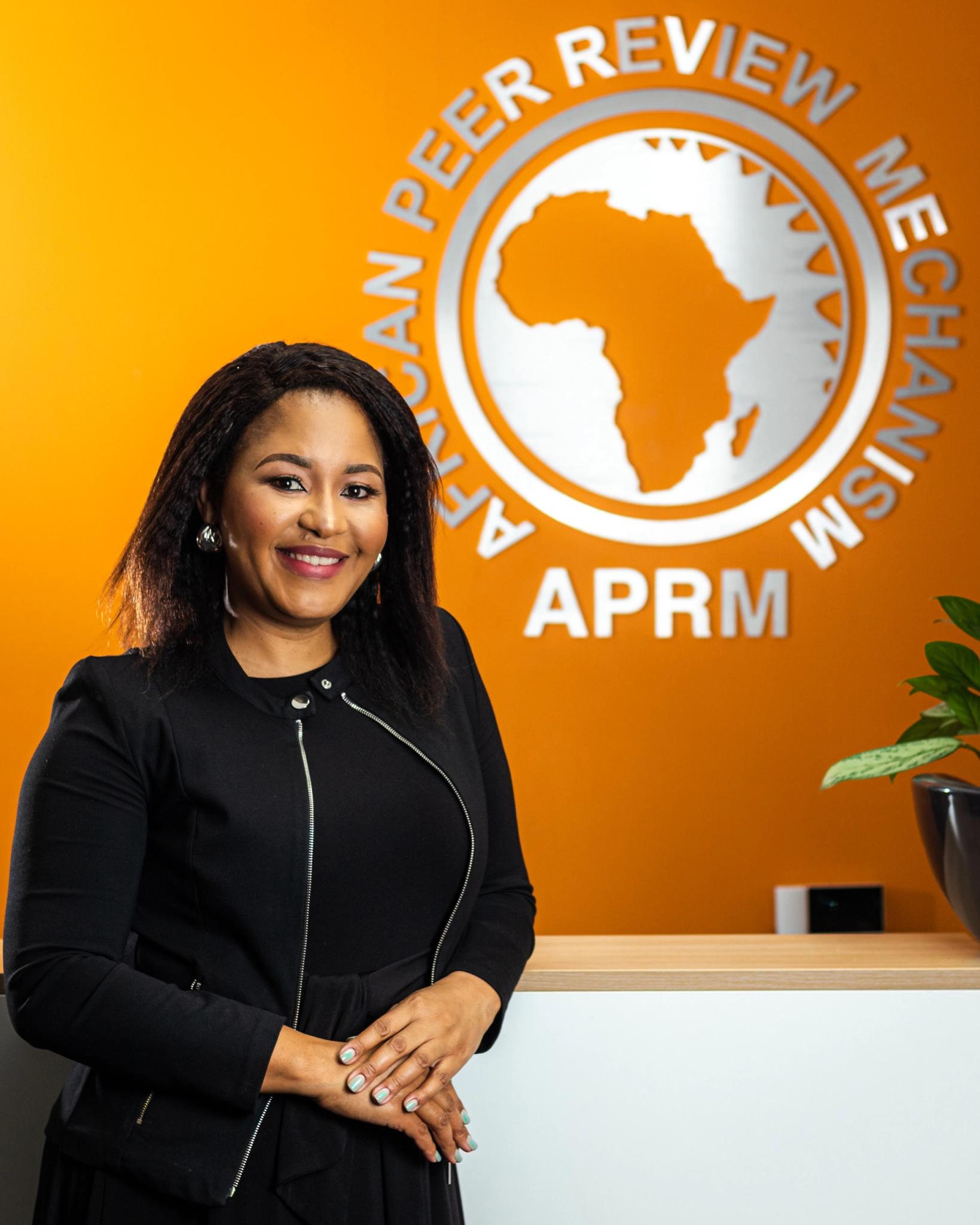South African Kistefos Fellow Tumi Dlamini worked for a successful international law firm but felt out of place. Her years at Harvard Kennedy School brought her back to her true calling.
“I was sitting outside with the student group — people from the US, Kazakhstan and Mexico, and me from South Africa. We decided to have our lunch outside in the park.”
“At that moment, I suddenly remembered seeing a picture just like that when I was 16. It was from a brochure that my teacher had given me at the time. I knew then that it was what I wanted to be doing, and I just realised that it was happening”.
Kistefos Fellow Tumi Dlamini studied at Harvard Kennedy School in 2015 and 2016 and is currently the President of the Harvard University Association in South Africa. She tells this story via videolink from Johannesburg — we’re in Oslo. The joy of her memory is palpable.
“That was the day when I knew that my dream had come true.”
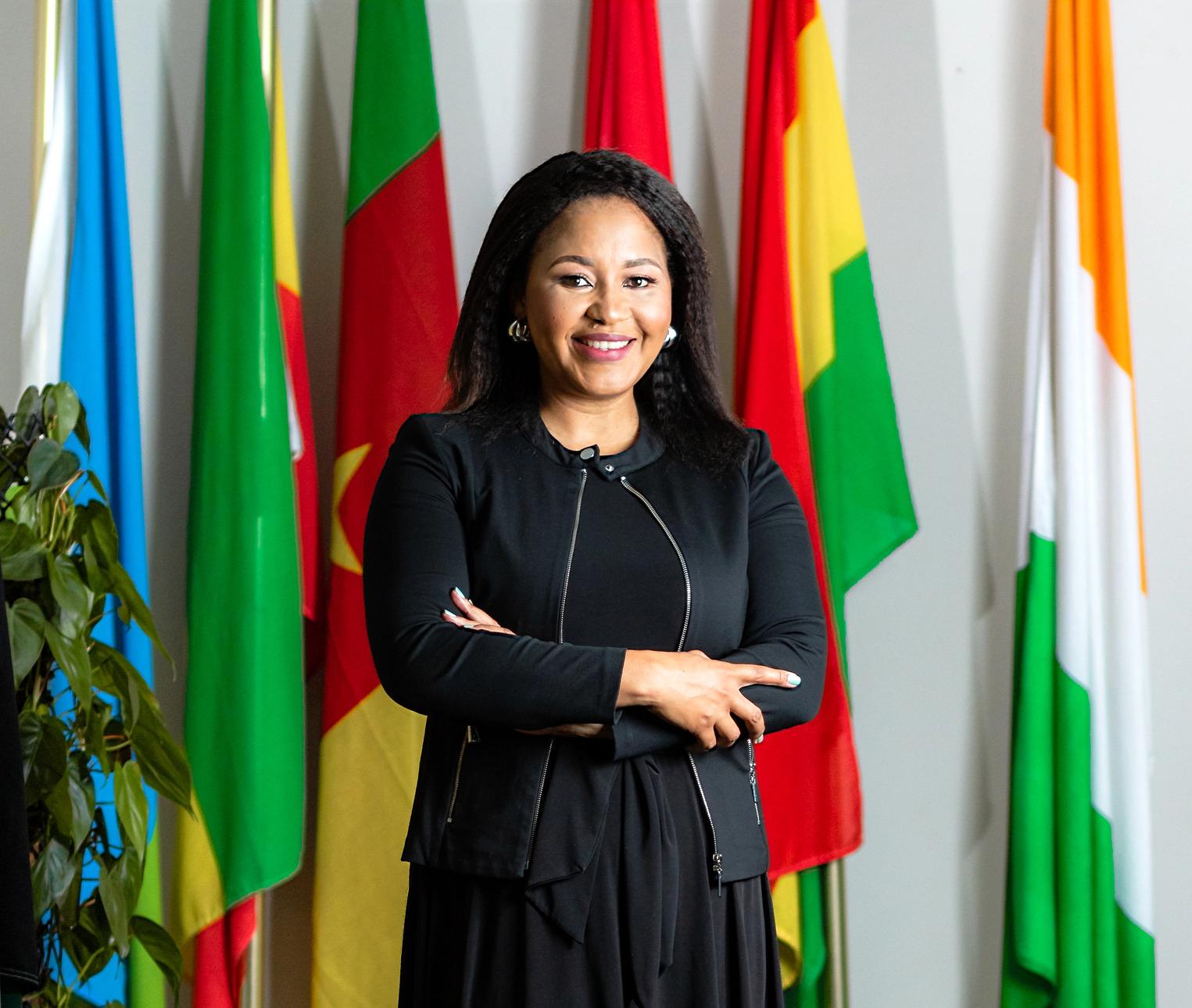
Education in a time of oppression
As a child of the 1970s, Itumeleng Dlamini grew up under the racist and oppressive apartheid regime of South Africa. She was born and raised in a small, rural midland town named Pietermaritzburg, where she spent her high school years at a catholic boarding school.
“I had a normal, loving childhood with a lot of cousins and friends. However, I also grew up within the context of an oppressed black person. And I witnessed first-hand how destructive it was — not only to black families, but to the human fabric of society.”
Black people were given a very different education to white people, Dlamini recalls.
“It was called the Bantu education — a different educational system that limited opportunities to have professions or careers at the highest level of society when we grew up.”
“There were very few black doctors, for instance, or black professionals altogether. You could be a teacher within the Bantu education system or a nurse at a black hospital, but that was as far as you could get.”
As her country was going through necessary political upheavals, Tumi studied law.
“When I left high school, I wanted to be a lawyer. I was very keen to work in human rights, as I felt that I could use the law to be a part of the solution to what was going on."
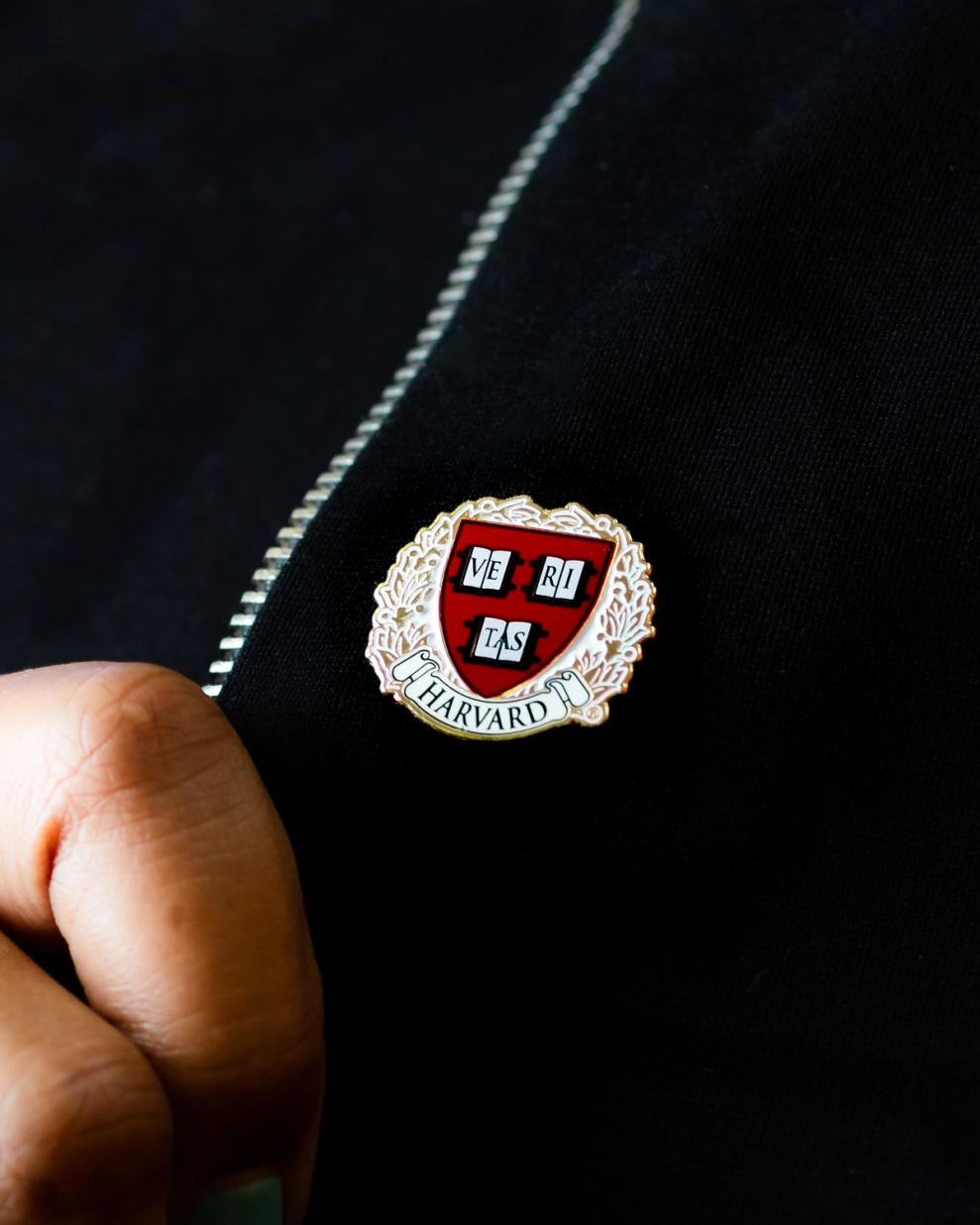
The road to Harvard
And a lawyer she became. Tumi Dlamini graduated from the University of Cape Town in 1999, got a job in an international law firm and worked there for 6-7 years, specialising in commercial law.
Her last job before Harvard was with a trade association for the construction industry. She joined to help the company transform just like South Africa as a nation.
“With all the excitement and the mandates presented to me, I still found a lot of resistance to change. I suppose that’s why things hadn’t changed after 1994 when we had our first democratic election.”
She found the job challenging and problematic, until a friend gave her a book written by Harvard professor Ronald Heifetz. Then, the penny dropped.
She sent the author an email. Less than two years later, in 2015, she was sitting in front of him in one of his classes.
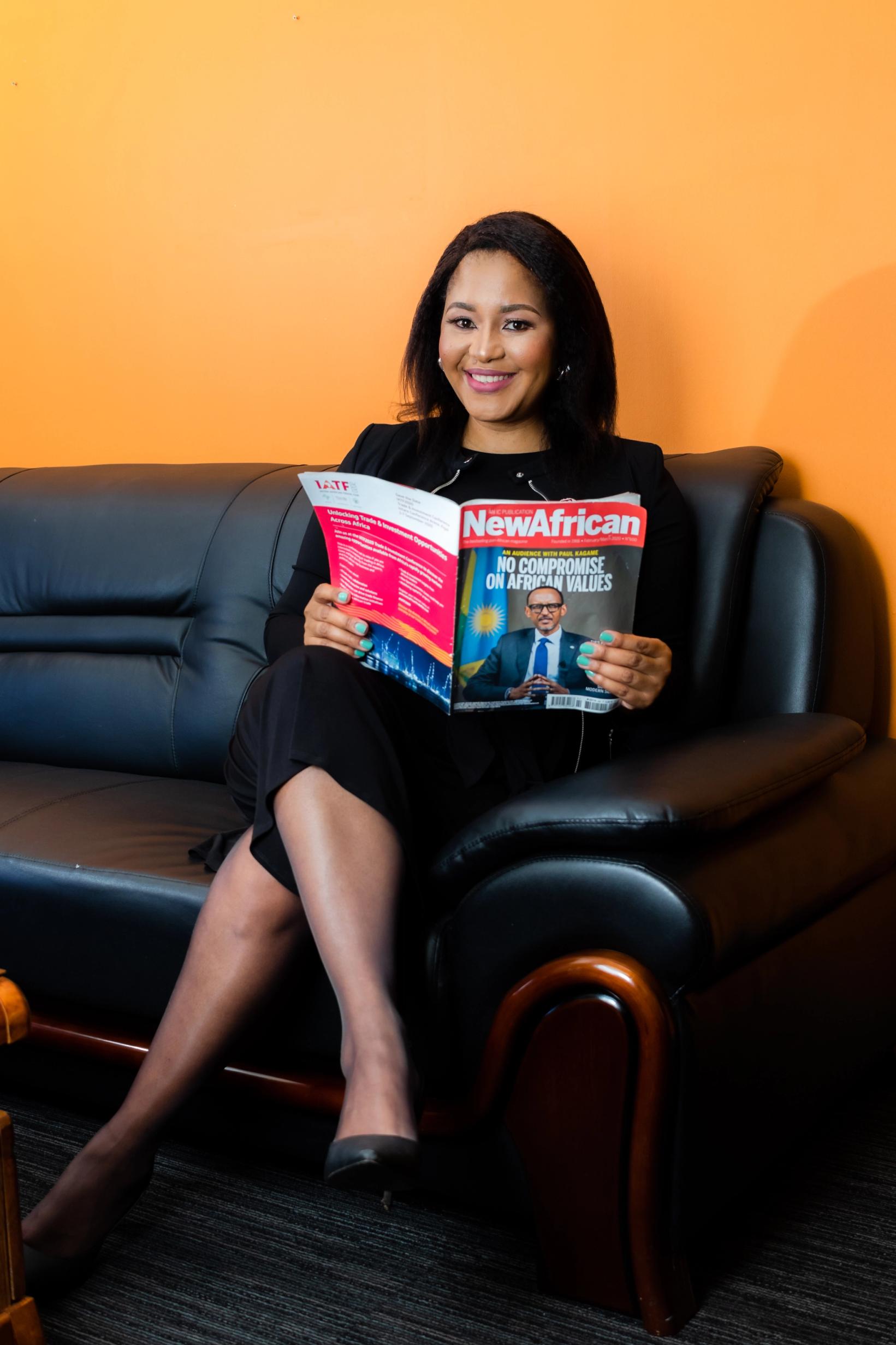
A career highlight
Today, Tumi Dlamini works as an Advisor and Head of Global Partnerships at the African Peer Review Mechanism (APRM), an intergovernmental organisation and an agency of the African Union — tasked with promoting and improving good governance on the continent.
“My specific area of operation is corporate governance. I assess how African member states can improve their corporate governance policies and practices — and what reforms they need to implement. The private sector is the basis and the foundation for any economic growth in any country.”
She has led the development of African Principles and Guidelines on Corporate Governance, the first of its kind in Africa, which places a governance responsibility on businesses to respect and report on human rights, sustainable development and shared purpose. The African Principles have been adopted by member states and will, once implemented, greatly improve the way in which business is done in Africa.
In addition to this, Tumi was appointed as the Chairperson of the South African Bid to host the 2027 FIFA Women’s World Cup in 2023.
“It was an honour and a great privilege to represent my country and lead its bid to host the first ever Women’s World Cup on the African continent”, says Tumi, adding:
“As the Chairperson, I had the incredible opportunity to travel to different countries in the world to meet with leaders in sports and business and government to promote South Africa as a sports and tourism destination. Being of service to my country at international level has been the highlight of my professional career.
Social learning
Tumi has also founded the Thinabantu Foundation, a foundation that is focused on supporting the most talented girls from rural and township communities to gain access to transformational educational opportunities.
“The Foundation has launched a project called A Better Chance, A Better Future. This project gives girls from underserved communities a better chance to build a better future through education in order to address the trend of poverty afflicting black women and the relentless underrepresentation of women in economic, political and social leadership in society”, she says.
Her mid-career MPA at Harvard Kennedy School played a significant role in preparing her for her current work.
“At Harvard, the expectation is to be there to learn but also to share your own experiences — to bring your perspective. That is a requirement. You have to participate, which makes being in class a rich and in-depth experience.”
A convening power
The lunch in the park stands out as the perhaps most vivid memory from her stay at Harvard, Tumi explains. There are plenty of memories to go around, and many of them have to do with what she calls “Harvard’s convening power".
“On any given night, we could have a former president of Mexico talking about his challenges and the leadership skills that were required to solve the issues in his country. The next night, a minister of the economy would visit. Those talks and engagements with world leaders, with that level of depth and engagement, made for many special memories.”
There is a social side to it as well. Five years on, her alumni still stay in touch through their WhatsApp group. They regularly lean on each other for professional experience and advice.
“In my student group alone, there were at least 29 different African nationalities, among many others. No matter where in the world I find myself today. I could go to work in China or Ghana for a week, and there would be someone there that I know who can connect me to a person or a meeting I need.”
“For me, meeting all of these people and forming social networks was one of the most amazing things. You know that you have these friendships around the globe for the rest of your life.”
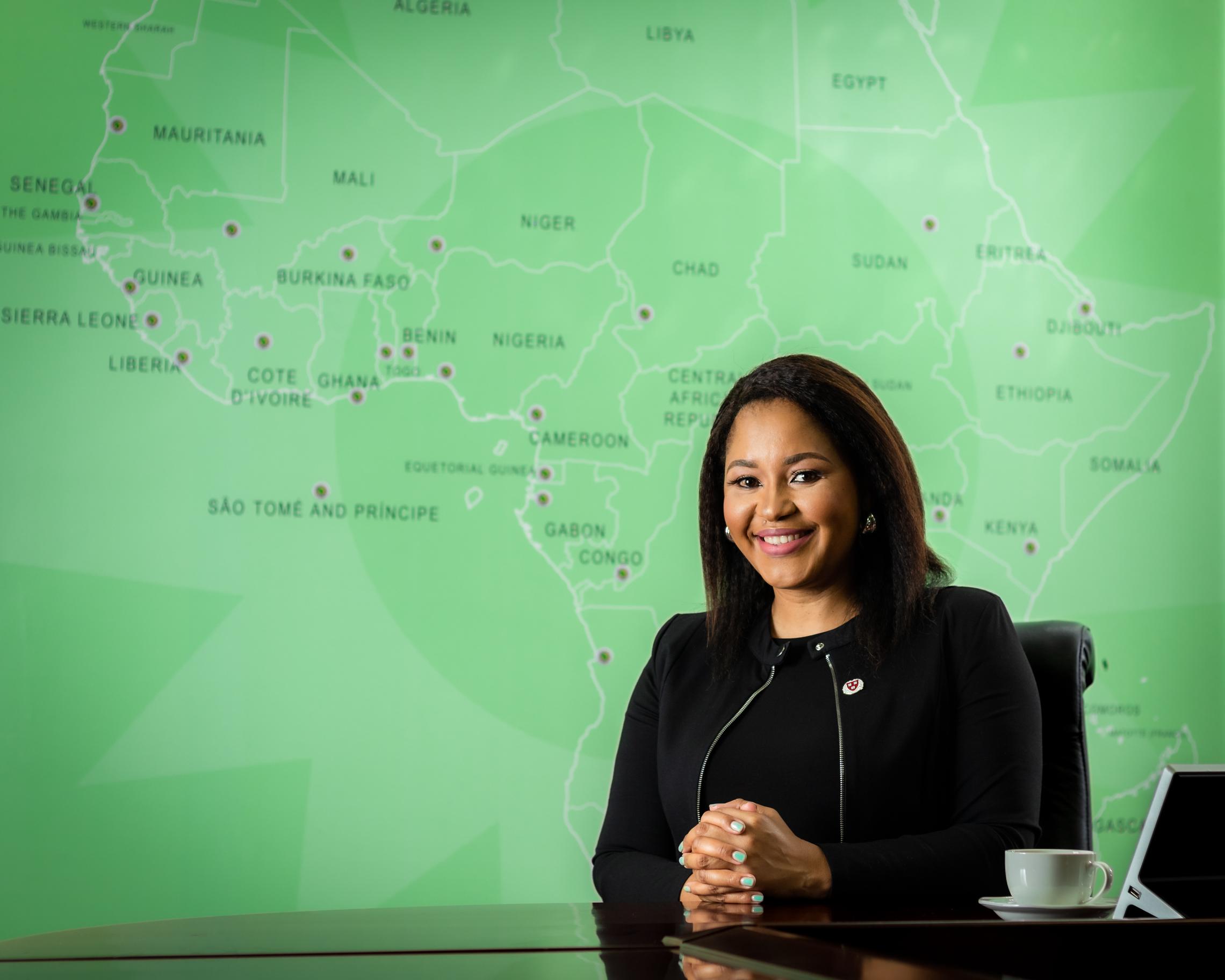
Encouragement, curiosity and failure
So how do you get into Harvard Kennedy School? Ms Dlamini has a few tips.
“Give yourself a chance. It seems like such an unobtainable thing because we always read about how the acceptance rate is between one and five per cent. I tell people that if I could get into Harvard coming from my background, anyone can. Giving yourself that encouragement is important.”
Other crucial qualities are curiosity and failure, she says:
“You must be able to understand your failures. The reason I finally got around to applying was that I was failing. I was failing in my job, and I felt like I needed more education to operate at my desired level. If you fail, at least you have been trying.”
A major impact
The scholarship from Kistefos was essential for Tumi’s education at Harvard. Kistefos majorly impacted the continent as well, she says.
“If you look at what some of the Kistefos fellows are now doing in their countries, you’ll see that the investment made by Kistefos is not an investment in me, personally. It’s an investment in a country – and a continent – that’s still affected by social problems, improving and growing every day.”
“To me, it's important to make the connection between Kistefos in terms of funding Africans and the development of Africa that we see today. I see the connection in my work as well, and I’m very excited about where we’re at the moment.”
